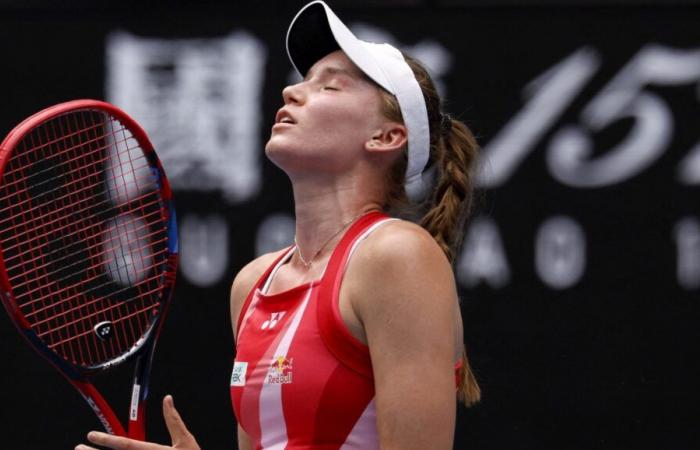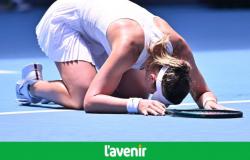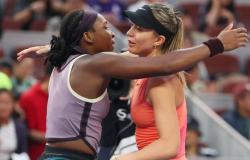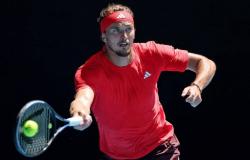
Elena Rybakina’s run at the Australian Open came to a premature end in the fourth round, but it wasn’t just her performance on court that attracted attention. The Kazakh star’s evolving coaching dynamics have become a hot topic, raising questions about the future of his team and his working relationship with Goran Ivanisevic.
A Disappointing Exit
Entering the Australian Open as a former finalist and a natural hard court player, Rybakina was one of the tournament favorites. However, her campaign was cut short after a grueling three-set battle against Madison Keys, losing 3-6, 6-1, 3-6. Despite her early exit, Rybakina kept her composure and refused to blame an injury she suffered in her previous match, although it required treatment and limited her preparation.
“I did a full day of recovery and some treatments. This match was better than the last one, definitely,” she said. “But now, after the match, I still have a little pain. I need to take time to rest, heal and continue working. »
Training Controversy: Vukov vs. Ivanisevic
Although her on-court performance drew some criticism, much of the attention was focused on Rybakina’s training situation. Before the tournament, she rehired her former coach Stefano Vukov, who is under investigation by the WTA. Vukov’s investigation-enforced absence from Melbourne meant Goran Ivanisevic, his recently recruited coach, was his main support during the tournament.
However, the arrangement seemed far from ideal. Rybakina openly expressed her frustration at not having Vukov on the court:
“This is not the situation I want to be in or anyone wants to be in. Of course I want to have whoever I want in the box, but I couldn’t change that. At the end of the day, I just tried to focus on my matches.”
-Ivanisevic’s Uncertain Future
Goran Ivanisevic, a veteran coach known for his work with top players like Novak Djokovic, seemed to enter the partnership with cautious optimism. But Vukov’s sudden rehiring cast doubt on his role. Speaking about their short collaboration, Rybakina admitted that the arrangement was experimental and that a decision would be made soon:
“We still have to talk, of course. We just tried pre-season and these few tournaments. It was something we were getting used to. We’ll definitely talk about what the next schedule looks like.”
Ivanisevic had previously suggested that the arrangement with two coaches was not his ideal scenario. If Rybakina commits full-time to Vukov, Ivanisevic’s departure seems increasingly likely.
Complex dynamics in the future
For Rybakina, who has established herself as one of the most consistent players on the WTA Tour, finding stability in her coaching staff is crucial. With two Grand Slam titles to his name, his ambition to remain at the top of the rankings requires clarity and synergy within his team.
As Rybakina herself said: “I have to concentrate on tennis and not on the noise around it.” It remains to be seen whether his coaching staff will remain as is or undergo a significant shake-up.





